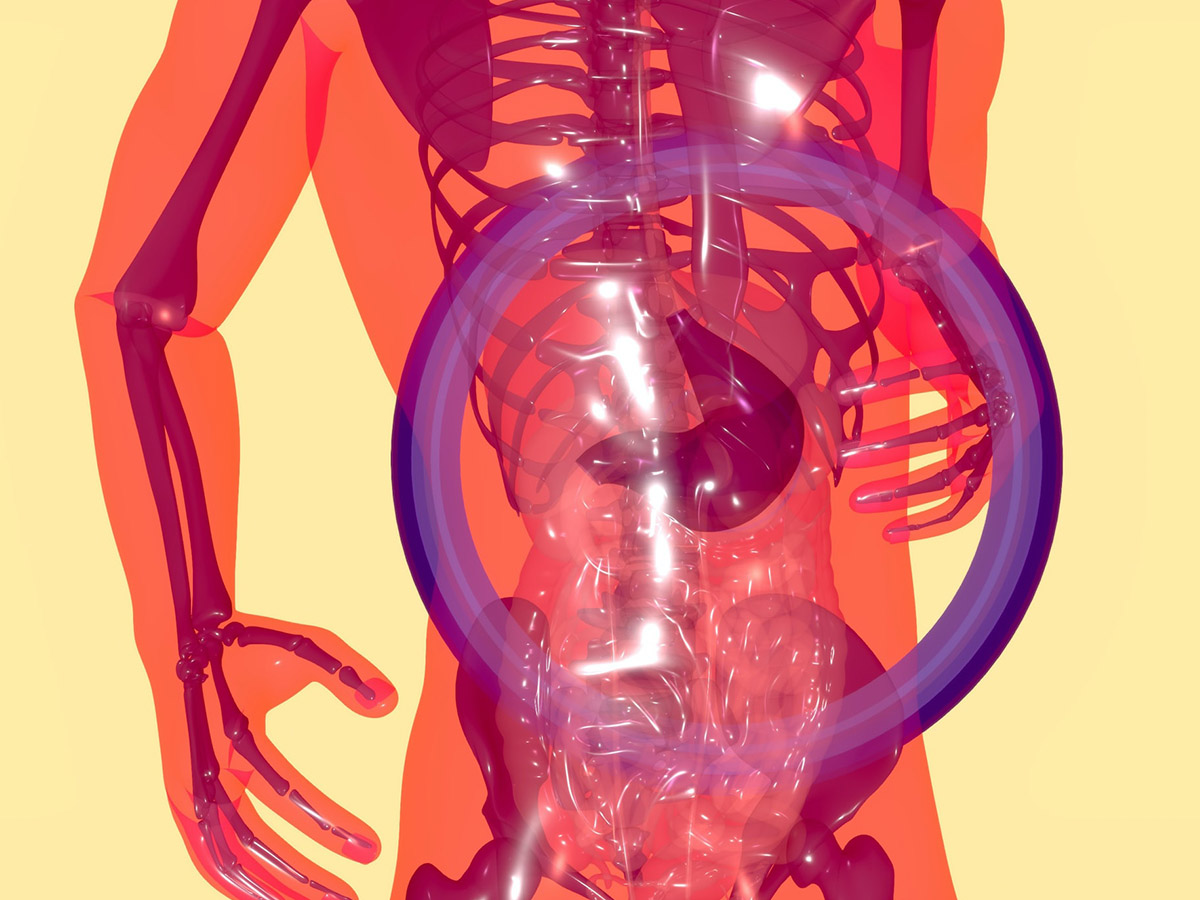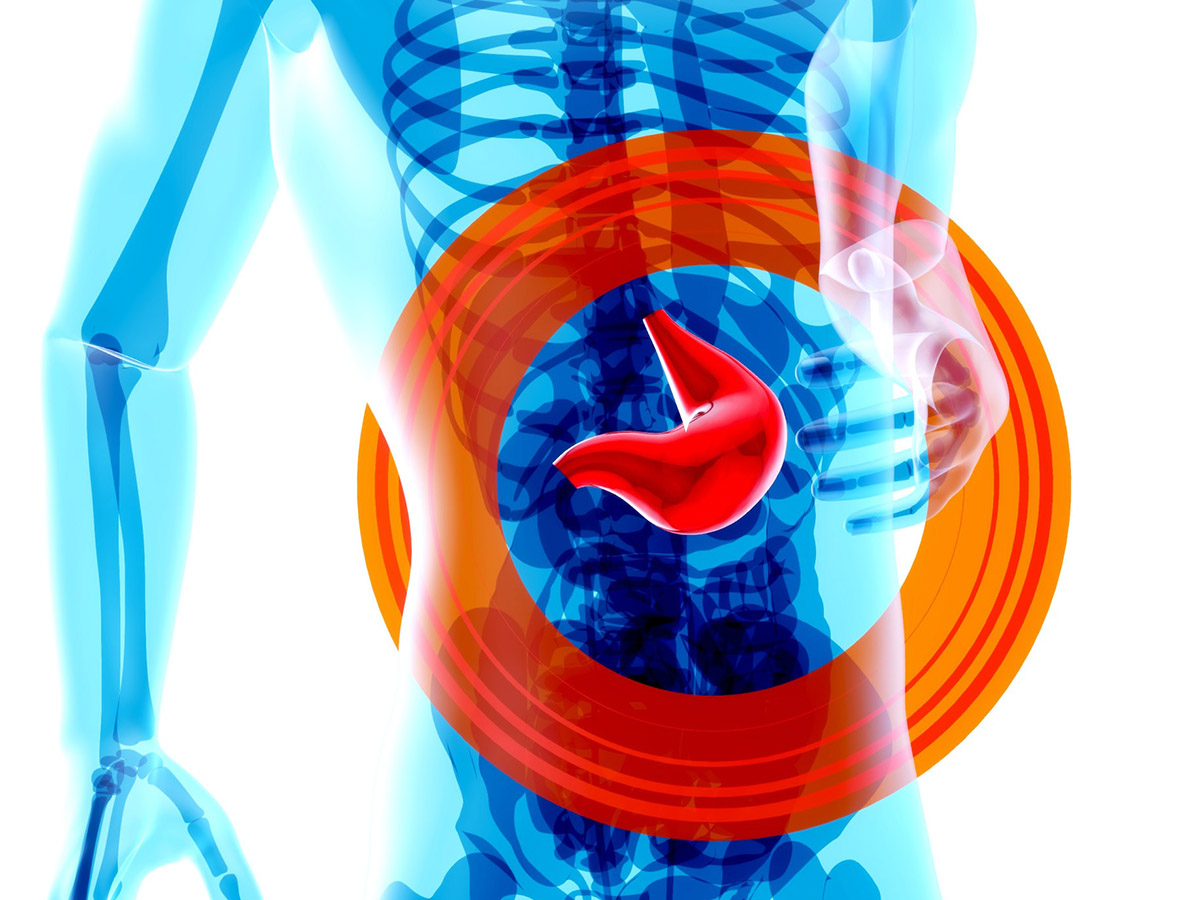Nootropics are a type of supplement that is becoming increasingly popular for its ability to enhance cognitive and physical performance. But are nootropics bad for your liver? In this blog post, we will explore the potential benefits and risks of nootropics on your liver and general health.
We will look at which ingredients can damage your liver, how to choose safer nootropic supplements, and the overall conclusion – is it safe to take nootropics for your liver? By the end of this post, you should have a better understanding of the potential risks and benefits of nootropics on your liver.
The Benefits Of Nootropics

Nootropics are supplements that have been shown to have positive effects on cognitive performance, memory, and creativity. While there is still some research to be done on the long-term effects of nootropics, many people believe that they offer great benefits for overall health. Below, we will outline the benefits of using nootropics and discuss some potential side effects.
What are nootropics? Nootropics are supplements that act as brain enhancers. They are composed of a variety of ingredients, including vitamins, minerals, and antioxidants. Some common nootropic ingredients include caffeine, L-theanine, and Rhodiola Rosea.
What benefit do nootropics offer?
Nootropics offer a variety of benefits for overall health and well-being. These include improved cognitive performance, increased memory retention, and improved creativity. Some common nootropic ingredients have been shown to improve these areas in different ways.
How can nootropics improve overall health?
Nootropics can help to improve overall health by improving cognitive function, memory retention, and creativity. They can also help to reduce stress levels, boost energy levels and protect the brain from damage due to aging or environmental factors such as pollution or toxins exposure. While there is still some research to be done on the long-term effects of taking nootropics, many people believe that they offer great benefits for overall health and well-being.
Known potential side effects of using nootropics?
While there is still some research being conducted on the side effects of taking nootropic supplements, it is known that some side effects may occur including headaches, confusion, or agitation. It is important for consumers to be aware of these potential side effects before beginning a supplement regimen and to take care when giving dosage to them so as not to exceed recommended dosages or use them without proper guidance from a healthcare provider.
It is also important to be aware of any potential interactions that may occur with other medications you are taking while using any type of supplement regimen – this includes both prescription medications and over-the-counter drugs/remedies such as caffeine pills/tablets/drinks, etc. Always consult with your healthcare provider before starting any new supplement regimen in order not to endanger your health in any way!
Understanding The Impact Of Nootropics On The Liver
There’s a lot of excitement around nootropics right now. These are supplements that have been shown to improve cognitive function and overall brain health. However, there is also concern over the potential side effects of these supplements on the liver.
In order to understand the impact of nootropic drugs on the liver, it is important to first understand what a nootropic is. A nootropic is a type of supplement that has been shown to improve cognitive function and overall brain health. Some popular nootropics include caffeine, as well as some natural supplements like choline and DHA.
Studies have shown that inhibitors from nootropic drugs can impact the liver. This means that these supplements can cause damage to the liver in some people. However, there are also many natural alternatives to liver-damaging drugs that may be safer for users. For example, choline can help reduce inflammation in the body, while DHA has been linked with reducing bad cholesterol levels in the bloodstream and improving heart health overall.
When using any type of supplement, it’s important to be aware of potential drug interactions and liver issues before taking them. If you’re worried about any side effects on your own health, it’s always best to speak with your healthcare professional before taking any kind of supplement!
What Are The Risks Of Nootropics On The Liver?
There’s a lot of confusion surrounding nootropics, and that’s understandable. These supplements are new and untested, so it’s easy to get confused about the potential risks and benefits. In this section, we will outline the key points about nootropics and their impact on the liver.
First, let’s define what a nootropic is. A nootropic is a type of supplement that claims to improve cognitive function or overall well-being. They can be divided into two main categories: racetams and modafinil. Racetams are often considered more powerful than modafinil, but they have also been linked with more side effects.
When it comes to the potential risks associated with the long-term use of nootropics, there are a few to consider. Some of the most common side effects include headaches, nausea, and problems sleeping. It is important to note that these side effects vary from person to person and can even worsen if you’re taking other medications at the same time as your nootropic supplement.
Another concern is the effect that long-term use of nootropics may have on the liver. While there isn’t enough research available yet to say for certain how bad it could get, there are some worrying signs that point in this direction. For example, some people have reported experiencing an increase in liver enzymes after prolonged use of racetams or modafinil. Additionally, studies have shown that prolonged use of these supplements may lead to liver damage in some cases.
So far we’ve outlined the key points about nootropics and their impact on cognitive function and well-being. Now it’s time for you to make an informed decision about whether or not you should start taking them regularly. To help stay safe while taking these supplements, be sure to consult your doctor before starting any new supplement regimen! In addition to consulting with your doctor before starting any new supplement regimen, here are some recommended precautions:
- Avoid taking large doses at once – smaller doses over time will be less likely to cause adverse effects on the liver
- Avoid taking them if you’re pregnant or breastfeeding – there is currently insufficient evidence regarding the safety of using nootropics during pregnancy or breastfeeding.
Are nootropics bad for your liver? Which Ingredients Can Damage Your Liver?
Do you want to boost your cognitive performance but are worried about the potential risks? Nootropics are a popular category of supplements that claim to improve memory, focus, and other cognitive functions. But is it really safe to take them? And if so, which ingredients should you avoid?
The short answer is that nootropics can have both positive and negative effects on the brain. While some ingredients may be safe for use, others can damage your liver in a way that’s not reversible. In order to minimize the risk of harming your liver, it’s important to understand the dangers of using nootropics and which ingredients to avoid.
Next, it’s important to know if nootropics can cause liver damage. Some ingredients in nootropic supplements can enter the bloodstream and travel to the liver where they can cause damage. This type of damage is usually reversible but can still result in serious consequences down the line, such as cirrhosis or even death. If you’re concerned about any potential side effects from taking nootropics, be sure to speak with a doctor first before taking any action.
If you’re looking for ways to boost your cognitive performance naturally without risking injury or harm, consider exploring safer alternatives like meditation or exercise instead of using nootropic supplements. These techniques are safer for your brain overall and won’t put your liver at risk.
Finally, it’s important to be aware of symptoms indicating that a person may have damaged their liver – if you experience any unusual changes in mood or energy levels, seek medical attention immediately as these could be signs of harmful side effects from using nootropics.
Can Nootropics Aggravate Seizures?
There is ongoing debate regarding the potential link between nootropics and seizures. While some studies suggest that certain nootropics could aggravate seizures, more research is needed to establish a conclusive connection. It is important for individuals with epilepsy or a history of seizures to exercise caution when considering nootropic use and consult with their healthcare provider for personalized advice.
How To Choose Safer Nootropic Supplements
If you’re looking to improve your cognitive performance, one of the best ways to do that is through the use of nootropics. However, before you start taking any nootropic supplements, it’s important to understand the potential side effects that they may have on your liver.
Nootropics are a class of supplements that are intended to improve cognitive performance. However, like all supplements, there is always risk involved when taking them. Nootropics can have a number of harmful effects on the liver, including causing hepatitis and even leading to liver cancer. In order to avoid any potential harm to your liver, it’s important to be well-informed about the ingredients in each nootropic supplement and their corresponding side effects.
Additionally, it’s important to find a nootropic supplement that is specifically designed for your needs. Some people may need more focus and concentration while others may need more energy or motivation.
Once you’ve identified what you need from a nootropic supplement, make sure to find a product that has been third-party tested for safety and contains natural ingredients with proven brain benefits. Finally, be aware of any known allergies before consuming any supplement, and be sure to take only the recommended dosage.

